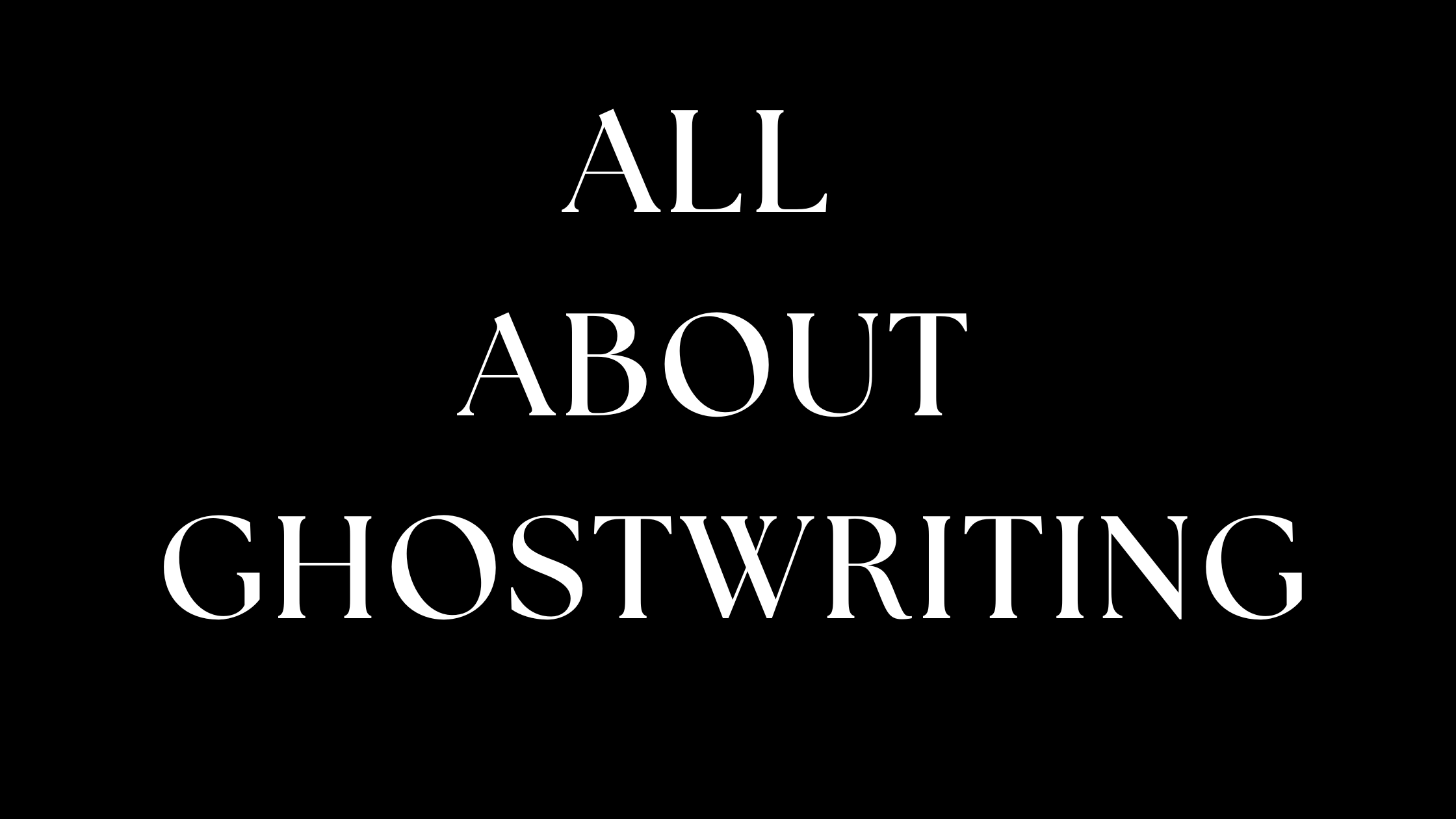What Is Ghostwriting?
Ghostwriting is one of those things that many people have heard of but few truly understand. It’s not a secret, but it’s often misunderstood. If you’re curious about what ghostwriting really is, how it works, who uses it, and whether it’s legal, here’s a clear explanation—no fluff, no sales pitch.
What Is Ghostwriting?
Ghostwriting is when one person writes content on behalf of another person, and the second person publishes it under their name. The ghostwriter remains anonymous. They don’t get public credit for the work, even though they wrote it. This can apply to books, blog posts, speeches, memoirs, online courses, and more.
The key thing to understand is that the ghostwriter isn’t stealing credit—they’re giving it up. That’s the agreement. The person hiring the ghostwriter owns the content once it’s done and paid for.
Is Ghostwriting Legal?
Yes. Completely legal.
There’s nothing shady or unethical about ghostwriting when it’s done properly. It’s a business arrangement, and it happens all the time across industries. Think of it this way: when a politician delivers a speech, chances are a speechwriter—often a ghostwriter—wrote it. When a celebrity “writes” a memoir, there’s almost always a ghostwriter behind the scenes. Even some blog posts and op-eds by CEOs are written by professionals hired to put their ideas into words.
As long as both parties agree on the terms—usually with a written contract—it’s perfectly legal and ethical. The ghostwriter gets paid. The client gets the content and the credit.
How Does It Work?
Here’s a simple breakdown of how the ghostwriting process usually unfolds:
- The client brings the idea. This could be a loose concept, a detailed outline, or even rough notes or audio recordings.
- The ghostwriter asks questions. They might conduct interviews, gather research, or review existing material to understand the message and the voice.
- The ghostwriter writes the draft. The goal is to create something that sounds like the client wrote it.
- The client gives feedback. Edits, changes, or clarifications are made based on this input.
- The final version is approved. Once it’s done and the agreed payment is made, the ghostwriter steps back. Their name doesn’t appear anywhere.
In some cases, the ghostwriter is paid a flat fee. In others, there might be royalties or profit-sharing, but that’s usually the exception, not the rule.
Who Uses Ghostwriters?
Ghostwriting isn’t just for celebrities or high-powered executives. It’s more common than most people realize. People who use ghostwriters often include:
- Professionals who want to publish a book or article but don’t have time.
- Speakers who need help organizing and polishing their message.
- Bloggers or influencers who want regular content but can’t keep up.
- Entrepreneurs with a story to tell but no writing experience.
- Non-native English speakers who want to communicate clearly and professionally.
Some people have great ideas but can’t express them the way they want to. Others just want help presenting their voice more effectively. That’s where ghostwriting comes in.
Why It’s Valuable
Ghostwriting helps people get their stories, ideas, and messages out into the world—especially when they wouldn’t be able to do it on their own. It’s not about deception. It’s about collaboration.
The person being ghostwritten isn’t pretending to be someone else. They’re sharing their thoughts, experience, or expertise. The ghostwriter is just the one turning that into clear, compelling writing.
Final Thoughts
Ghostwriting isn’t glamorous. It’s not about fame or recognition. It’s about helping others communicate effectively, even if your name never appears in print.
It’s a quiet job, but it matters.

